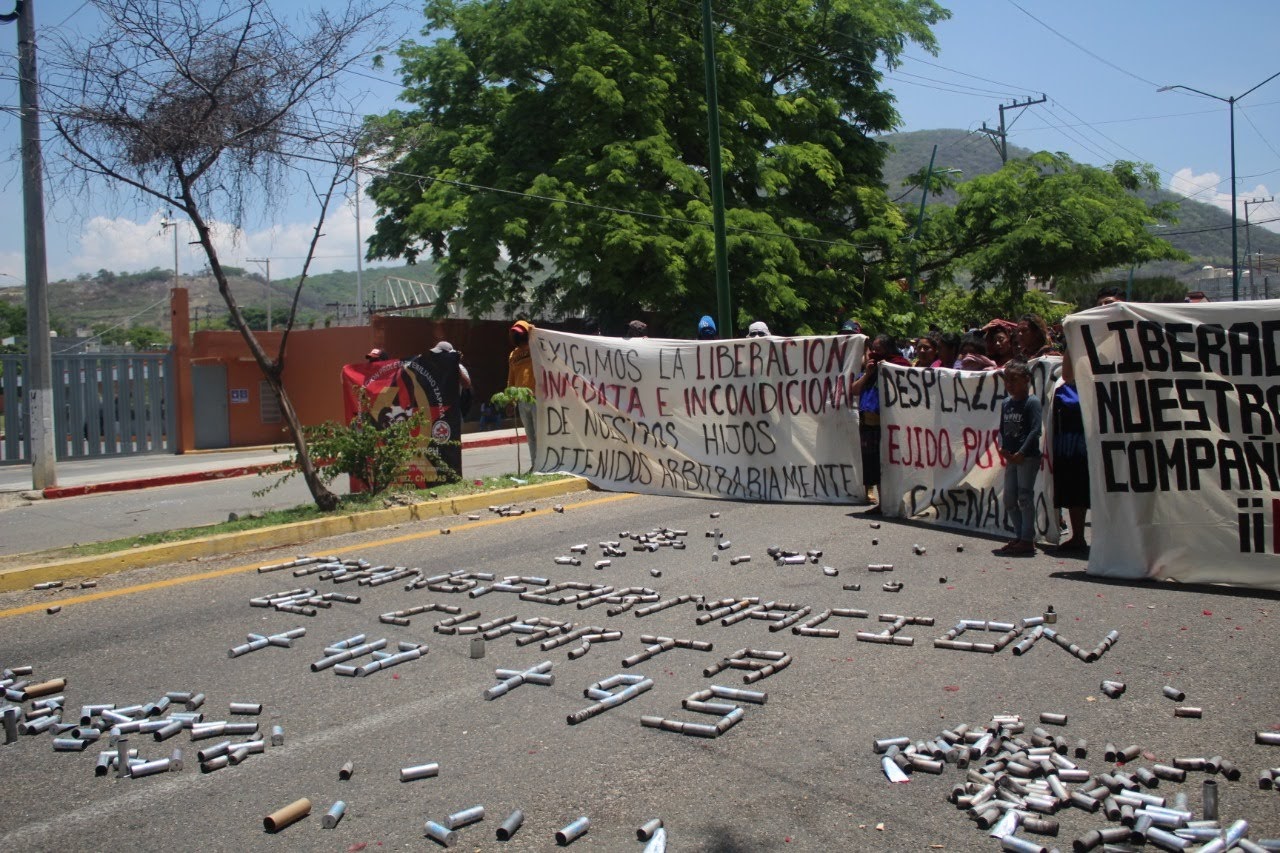By Erika Guevara-Rosas and Edith Olivares Ferreto
A year ago today, police officers repressed 93 people, most of them female students from the Escuela Normal Rural Mactumactzá, who had taken to the streets to defend their right to education.
The students had gathered at the toll booth in the municipality of Chiapa de Corzo in Chiapas, the state with the highest poverty rate in Mexico, to hand out flyers with information about their simple demand: that the entrance exams for the school be held in-person and not online, because many people who aspire to study there live in remote areas, with little or no access to the internet or a computer.
The police response to theirs demand was repressive and disproportionate. According to multiple testimonies that Amnesty International gathered, the students protested peacefully, without obstructing traffic or harming public property or third parties.
According to criminal complaints filed by several protesters, state police officers pulled their hair, grabbed them by the neck, beat them in the head, back, and abdomen, and kicked them in the ribs. They stripped some of their facemasks without their consent and with unnecessary force, and insulted several others using racist, classist, and misogynistic language. They called them “bitches”, “whores” and “sluts” for daring to protest and told them they had no right to study and that “hopefully they learn their lesson”. When a group of students took refuge in a bus, police officers broke down the door and fired tear gas inside, once again using illegal and excessive force.
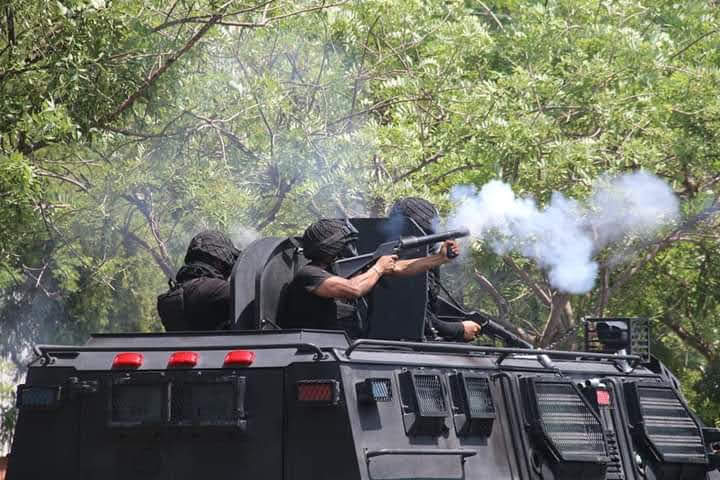
In total, they arrested 93 students: 19 men and 74 women; as well as two other teenagers who were not students. Several female detainees said police harassed them and threatened to forcibly strip them and subject them to other forms of sexual violence. One demonstrator reported that, once he got her onboard a vehicle, a policeman made her lie face-down, put his hand between her legs and touched her vagina. Others reported that female police officers touched their buttocks, breasts and vulva.
The police subjected some detainees to psychological torture. They made allusions to the infamous enforced disappearance of the 43 students from the Escuela Normal Rural Ayotzinapa in 2014, telling them that “now there’ll be 95, instead of 43” disappeared students. The reference to one of the worst atrocities in modern Mexican history was chilling.
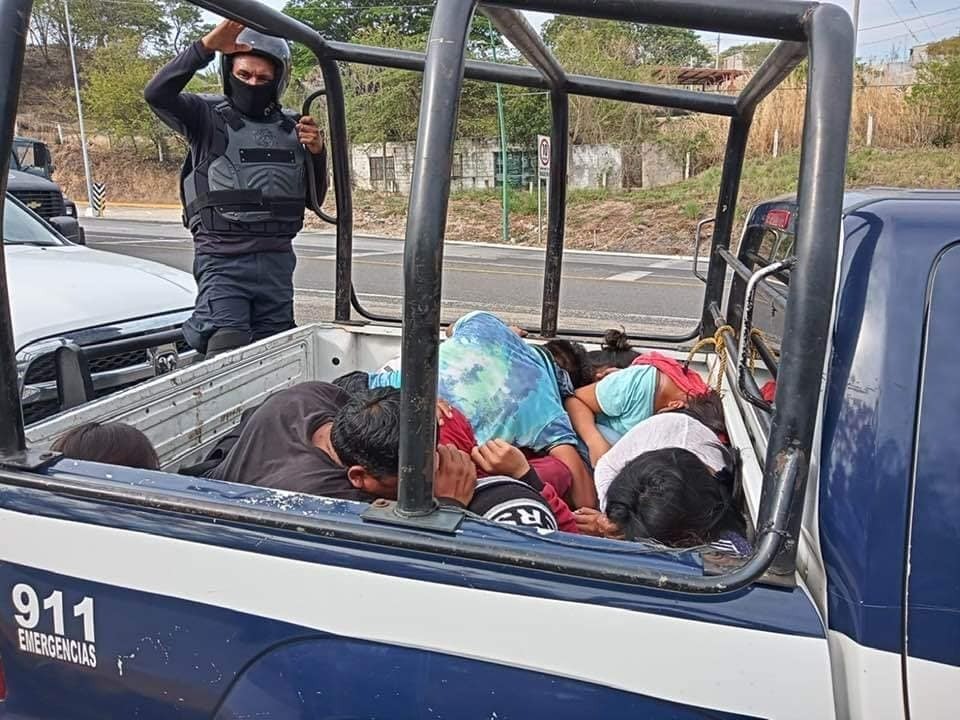
“We were shaking with panic, not knowing what was going to happen to us. We held each other’s hands, and they were telling me: ‘I don’t want to die, I have my whole life ahead of me,’” one student, who requested anonymity for security reasons, told Amnesty International.
Access to education is a fundamental human right. In remote and marginalized communities, schools like Mactumactzá and Ayotzinapa represent a bastion for the formation of agents of positive change. They are vital sources of social mobility and livelihood in areas where the alternatives are often forced migration, organized crime or precarious work.
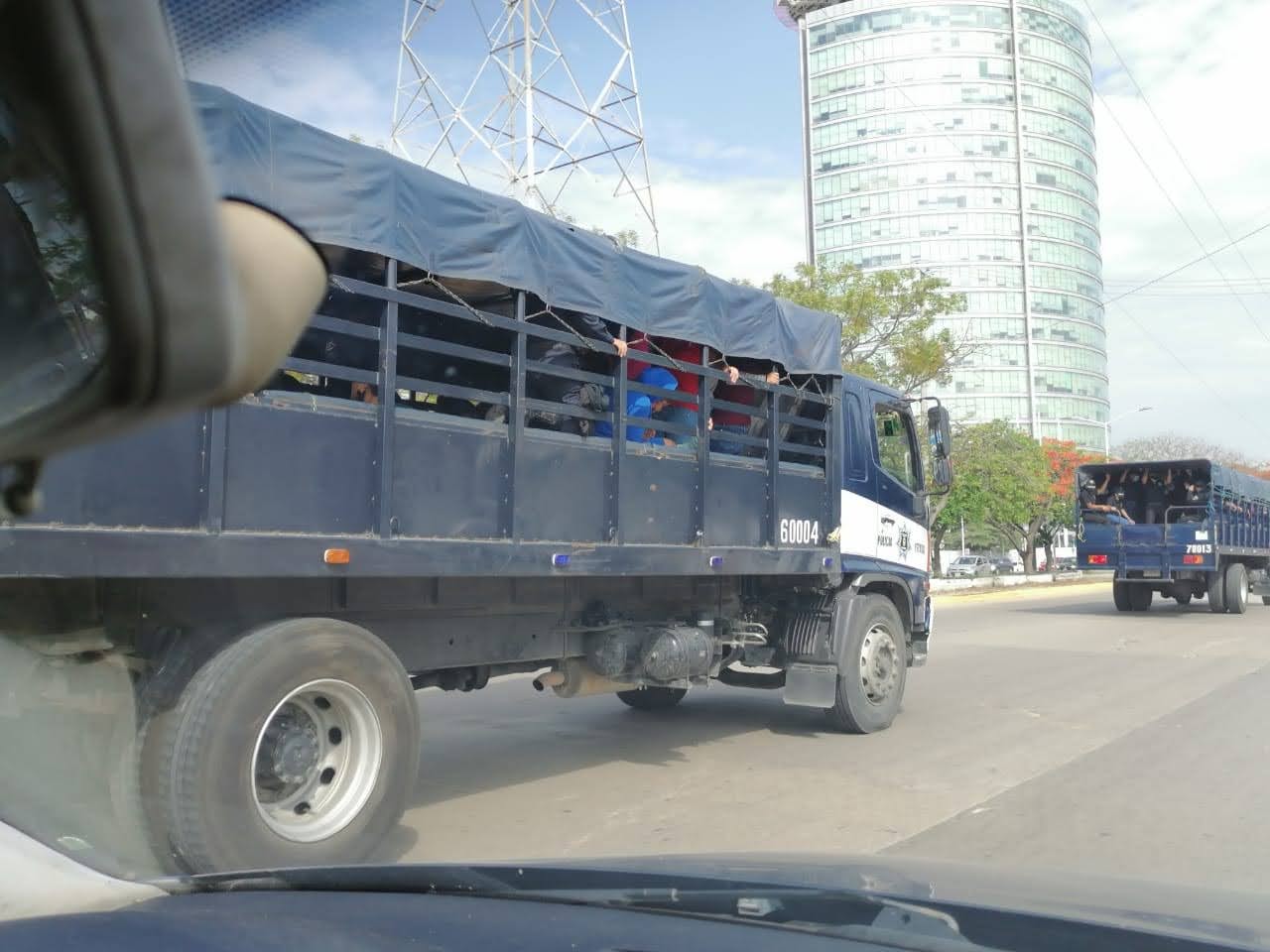
The students at Mactumatzá frequently protest for the school to take on more alumni, or for the authorities to guarantee financial support to allow them to eat and cover the costs of transport and educational materials. Demanding that entrance exams not be exclusively online is part of their constant struggle for access to decent educational conditions.
The right to peaceful protest is under attack, not only in Mexico but in much of Latin America and the Caribbean. Arbitrary arrests, excessive use of force and even unlawful killings are some of the repressive tactics that security forces resort to in a number of countries across the region to punish and deter those who dare to exercise their rights to freedom of expression and peaceful assembly.
We were shaking with panic, not knowing what was going to happen to us. We held each other’s hands, and they were telling me: ‘I don’t want to die, I have my whole life ahead of me.
Student of Escuela Normal Rural Mactumactazá
In the case of Mactumactzá, the stigmatization and violence against the students exemplifies a wider trend that Amnesty International has documented in the repression of women who protest in Mexico, including the use of sexual violence as a form of oppression by law enforcement authorities in various parts of the country.
Criminalization is another common tactic to discourage demonstrations. Although the Chiapas State Prosecutor’s Office eventually dropped the criminal charges against the 95 detainees, there is still widespread fear of demonstrating again among the group. Meanwhile, the human rights violations that the police committed that day remain unpunished a year later.
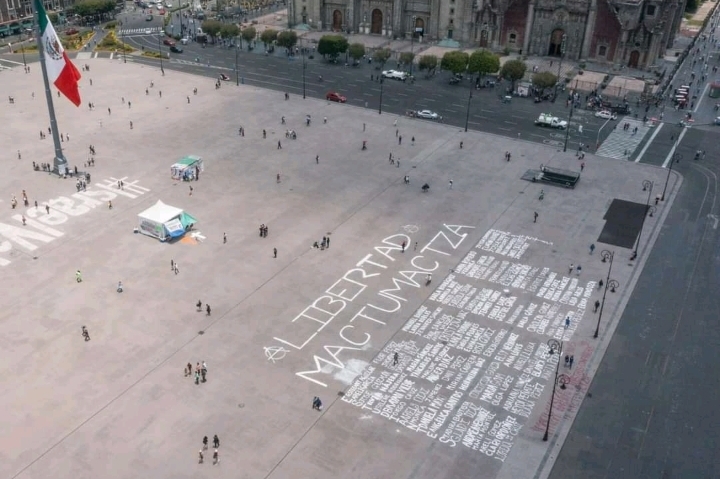
The Mexican authorities, in every corner of the country, must cease their repressive practices towards those exercising the right to protest. Moreover, they must conduct prompt, thorough, independent and impartial investigations into the complaints and reports of sexual violence against the women who took part in the protest on 18 May 2021, to guarantee the victims’ rights to justice, truth and reparation.
We cannot allow fear to overcome our legitimate right to peaceful protest. Taking to the streets and raising our voices in defence of human rights will always be a courageous act, but we should all be able to do it without fear of reprisals.
Erika Guevara-Rosas is Americas Director at Amnesty International
Edith Olivares Ferreto is Executive Director of Amnesty International Mexico
This article was originally published in El País












